
WE DASH THE BLACK RIVER, ITS flats smooth as stone. Not a ship, not a dinghy, not one cry of white. The water lies broken, cracked from the wind. This great estuary is wide, endless. The river is brackish, blue with the cold. It passes beneath us blurring. The sea birds hang above it, they wheel, disappear. We flash the wide river, a dream of the past. The deeps fall behind, the bottom is paling the surface, we rush by the shallows, boats beached for winter, desolate piers. And on wings like the gulls, soar up, turn, look back.
The day is white as paper. The windows are chilled. The quarries lie empty, the silver mine drowned. The Hudson is vast here, vast and unmoving. A dark country, a country of sturgeon and carp. In the fall it was silver with shad. The geese flew overhead in their long, shifting Vs. The tide flows in from the sea.
The Indians sought, they say, a river that ran both ways. Here they found it. The salt wedge penetrates as far in as fifty miles; sometimes it reaches Poughkeepsie. There were huge beds of oysters here, seals in the harbor, in the woods inexhaustible game. This great glacial cut with its nuptial bays, the coves of wild celery and rice, this majestic river. The birds, like punctuation, are crossing in level flight. They seem to approach slowly, accelerate, pass overhead like arrows. The sky has no color. A feeling of rain.
All this was Dutch. Then, like so much else, it was English. The river is a reflection. It bears only silence, a glittering cold. The trees are naked. The eels sleep. The channel is deep enough for ocean liners; they could, if they wished, astonish the inner towns. There are turtles and crabs in the marshes, herons, Bonaparte gulls. The sewage pours from the cities further up. The river is filthy, but cleanses itself. The fish are numbed; they drift with the tide.
Along the banks there are houses of stone, no longer fashionable, and wooden houses, drafty and bare. There are still estates that exist, remnants of the great land parcels of the past. Near the water, a large Victorian, the brick painted white, trees high above it, a walled garden, a decaying greenhouse with ironwork along the roof. A house by the river, too low for the afternoon sun. It was flooded instead with the light of morning, with the eastern light. It was in glory at noon. There are spots where the paint has turned dark, bare spots. The gravel paths are dissolving; birds nest in the sheds.
We strolled in the garden, eating the small, bitter apples. The trees were dry and gnarled. The lights in the kitchen were on.
A car comes up the driveway, back from the city. The driver goes inside, only for a moment until hes heard the news: the pony has gotten loose.
He is furious. Where is she? Who left the door unlatched?
Oh God, Viri. I dont know.
In a room with many plants, a kind of solarium, there is a lizard, a brown snake, a box turtle asleep. The entry step is deep, the turtle cannot leave. He sleeps on the gravel, his feet drawn up close. His nails are the color of ivory, they curl, they are long. The snake sleeps, the lizard sleeps.
Viri has his coat collar up and is trudging uphill. Ursula! he calls. He whistles.
The light has gone. The grass is dry; it creaks underfoot. There was no sun all day. Calling the ponys name, he advances toward the far corners, the road, the adjoining fields. A stillness everywhere. It begins to rain. He sees the one-eyed dog that belongs to a neighbor, a kind of husky, his muzzle gray. The eye is closed completely, sealed, covered with fur so long ago was it lost, as if it never existed.
Ursula! he cries.
Shes here, his wife says when he returns.
The pony is near the kitchen door, tranquil, dark, eating an apple. He touches her lips. She bites him absent-mindedly on the wrist. Her eyes are black, lustrous, with the long, crazy lashes of a drunken woman. Her coat is thick, her breath very sweet.
Ursula, he says. Her ears turn slightly, then forget. Where have you been? Who unlocked your stall? She has no interest in him.
Have you learned to do that? He touches an ear; it is warm, strong as a shoe. He leads her to the shed, whose door is ajar. Outside the kitchen he stamps dirt from his shoes.
The lights are on everywhere: a vast, illuminated house. Dead flies the size of beans lie behind the velvet curtains, the wallpaper has corner bulges, the window glass distorts. It is an aviary they live in, a honeycomb. The roofs are thick slate, the rooms are like shops. It gives off no sound, this house; in the darkness it is like a ship. Within, if one listens, there is everything: water, faint voices, the slow, measured rending of grain.
In the principal bath, with its stains, sponges, soaps the color of tea, books, water-curled copies of Vogue, he steams in peace. The water is above his knees; it penetrates to the bone. There is carpeting on the floor, a basket of smooth stones, an empty glass of the deepest blue.
Papa, they call through the door.
Yes. He is reading the Times.
Where was Ursula?
Ursula?
Where was she?
I dont know, he says. She went out for a walk. They wait for something further. He is a storyteller, a man of wonders. They listen for sounds, expecting the door to open.
But where was she?
Her legs were wet, he announces.
Her legs?
I think she was swimming.
No, Daddy, really.
She was trying to get the onions on the bottom.
There are no onions there.
Oh, yes.
There are?
Thats where they grow.
They explain it to each other outside the door. Its true, they decide. They wait for him, two little girls squatting like beggars.
Papa, come out, they say. We want to talk to you. He puts aside the paper and sinks one last time into the embrace of the bath.
Papa?
Yes.
Are you coming out?
The pony fascinates them. It frightens them. They are ready to run if it makes an unexpected sound. Patient, silent, it stands in its stall; a grazing animal, it eats for hours. Its muzzle has a nimbus of fine hair, its teeth are browned.
Their teeth never stop growing, the man who sold her to them said. He was a drunkard, his clothes were torn. They keep growing out and getting wore down.
What would happen if she didnt eat?
If she didnt eat?
What would happen to her teeth?
Make sure she eats, he said.
They often watch her; they listen to her jaws. This mythical beast, fragrant in the darkness, is greater than they are, stronger, more clever. They long to approach her, to win her love.
IT WAS THE AUTUMN OF 1958. Their children were seven and five. On the river, the color of slate, the light poured down. A soft light, Gods idleness. In the distance the new bridge gleamed like a statement, like a line in a letter which makes one stop.
Nedra was working in the kitchen, her rings set aside. She was tall, preoccupied; her neck was bare. When she paused to read a recipe, her head bent, she was stunning in her concentration, her air of obedience. She wore her wrist watch, her best shoes. Beneath the apron, she was dressed for the evening. People were coming for dinner.
She had trimmed the stems of flowers spread on the wood of the counter and begun to arrange them. Before her were scissors, paper-thin boxes of cheese, French knives. On her shoulders there was perfume. I am going to describe her life from the inside outward, from its core, the house as well, rooms in which life was gathered, rooms in the morning sunlight, the floors spread with Oriental rugs that had been her mother-in-laws, apricot, rouge and tan, rugs which though worn seemed to drink the sun, to collect its warmth; books, potpourris, cushions in colors of Matisse, objects glistening like evidence, many of which might, had they been possessed by ancient peoples, have been placed in tombs for another life: clear crystal dice, pieces of staghorn, amber beads, boxes, sculptures, wooden balls, magazines in which were photographs of women to whom she compared herself.

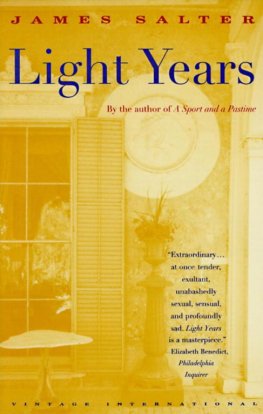
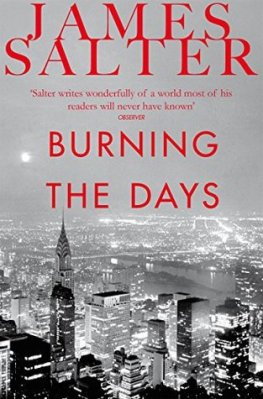
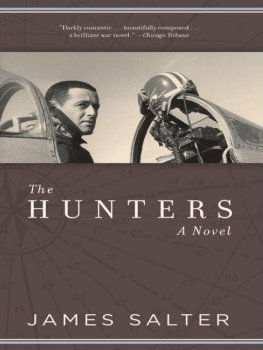
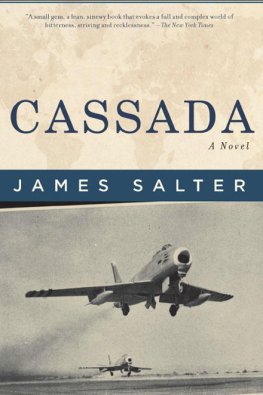
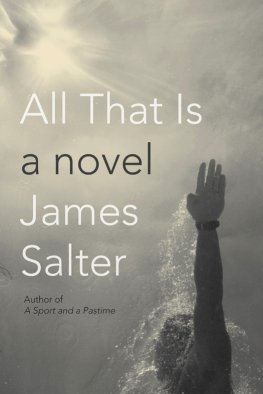
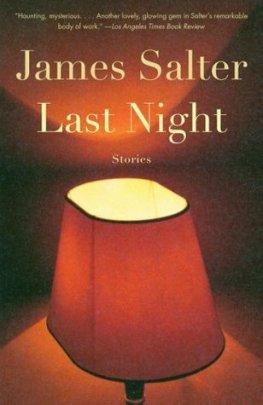
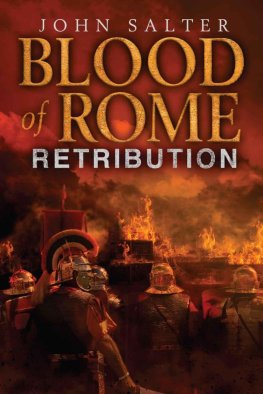
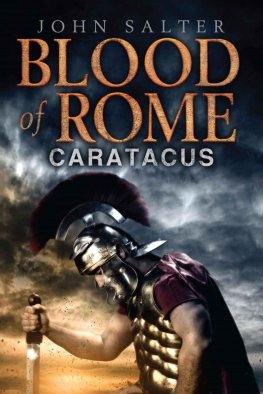

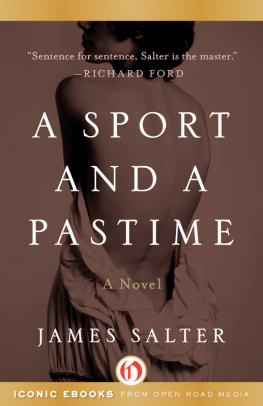
![James Salter - A sport and a pastime : [a novel]](/uploads/posts/book/43559/thumbs/james-salter-a-sport-and-a-pastime-a-novel.jpg)
